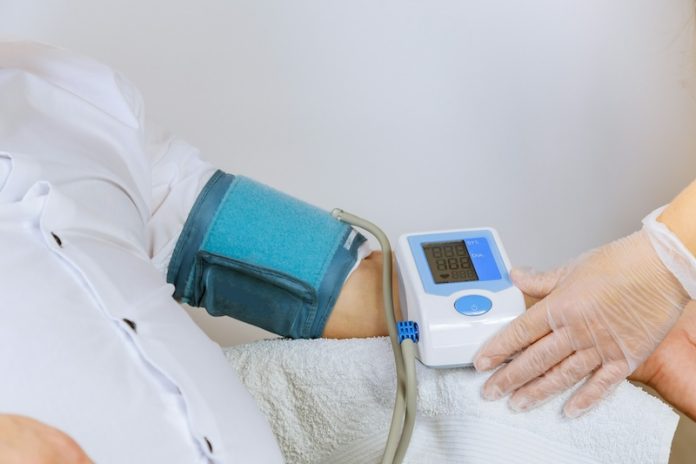
A recent study from Columbia University has raised questions about the most commonly prescribed drugs for treating high blood pressure.
It found that ACE inhibitors, a first-line treatment for many patients, might not be as effective and could cause more side effects compared to another option—thiazide diuretics.
When doctors treat high blood pressure, they usually choose from five types of medications: thiazide diuretics, ACE inhibitors, angiotensin II receptor blockers (ARBs), dihydropyridine calcium channel blockers, and non-dihydropyridine calcium channel blockers.
But deciding which medication to start with isn’t always straightforward, as guidelines often rely more on expert opinions than hard data due to limited direct comparisons.
In this study, researchers analyzed health records and insurance claims from nearly 5 million patients who began treatment for high blood pressure. The data revealed that almost half (48%) of these patients were initially prescribed ACE inhibitors, while only 17% were given thiazide diuretics.
The study’s findings suggest that patients who were treated first with thiazide diuretics experienced better health outcomes. Specifically, they had a 15% lower rate of major heart events—such as heart attacks, heart failure, and strokes—compared to those who started with ACE inhibitors.
This is a significant difference, indicating that thiazide diuretics could be a safer and more effective starting option for blood pressure management.
Moreover, ACE inhibitors were linked to more side effects. The study found that patients on ACE inhibitors experienced higher rates of 19 different side effects, including persistent cough and elevated potassium levels, compared to those on thiazide diuretics.
Overall, patients on thiazides reported fewer side effects, making them a more tolerable option for many individuals.
The researchers, led by George Hripcsak, estimated that if all the patients who initially received ACE inhibitors had instead been given thiazide diuretics, approximately 3,100 major heart-related events could have been prevented. This highlights the potential impact of changing current prescribing practices.
The study, published in The Lancet, calls for a reconsideration of how doctors approach high blood pressure treatment. Thiazide diuretics have been shown to improve patient outcomes while reducing the likelihood of adverse side effects.
With these new findings, doctors may need to rethink their choice of first-line medications to provide better care and prevent heart-related complications in their patients.
This research offers a clearer direction for doctors when choosing a first-line treatment for high blood pressure. It emphasizes the importance of relying on data-backed options, like thiazide diuretics, to ensure patients receive the most effective and safest treatment.
If you care about high blood pressure, please read studies that early time-restricted eating could help improve blood pressure, and natural coconut sugar could help reduce blood pressure and artery stiffness.
For more information about blood pressure, please see recent studies about added sugar in your diet linked to higher blood pressure, and results showing vitamin D could improve blood pressure in people with diabetes.
Copyright © 2024 Knowridge Science Report. All rights reserved.



